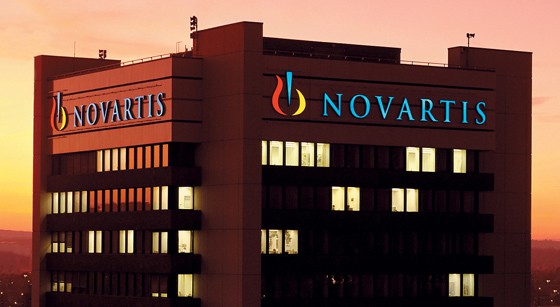
Novartis hit a major stumbling block last week for its heart failure candidate serelaxin after regulators refused to recommend the drug for us in the EU.
The Committee for Medicinal Products for Human Use (CHMP), which provides guidance on drugs for the European Medicines Agency (EMA), said it was unable to back the drug as a treatment for the symptoms of acute heart failure based data provided by Novartis. This data came solely from the RELAX-AHF trial.
Specific concerns mentioned by the CHMP included a lack of data demonstrating the benefits of serelaxin to provide short-term relief of dyspnoea, or shortness of breath, in a 24-hour period – a major effect of acute heart failure.
The CHMP did say that data from Novartis demonstrated that serelaxin was able to show a benefit in dyspnoea relief over a five-day period but added ‘it was not clear how this was of clinical relevance’.
In addition, the CHMP said it had concerns about the way the effectiveness of serelaxin had been analysed- including calculated values for a number of patients who had died – while differences in background treatments given to patients in the study may have also influenced results.
The CHMP statement concluded: ‘Since only one main study was included in the application, further studies would be needed to confirm the effectiveness of Reasanz in the treatment of acute heart failure. ‘
Novartis immediately issued a statement saying it intended to submit a revised marketing application for serelaxin – set to be marketed as Reasanz – which includes new data analyses.
David Epstein, division head of Novartis Pharmaceuticals, explained that the decision to file early with just the data from the RELAX-AHF trial was down to the recognition that there had been no treatment breakthrough in acute heart failure for 20 years.
“It has become apparent through the review process and in accordance with advice we’ve received that the current evidence package may be more compatible with an application for conditional approval in the EU,” said Epstein.
The drug is also under review in the US where is granted ‘breakthrough’ status by the FDA due to the impact it would have on acute heart failure treatment.




